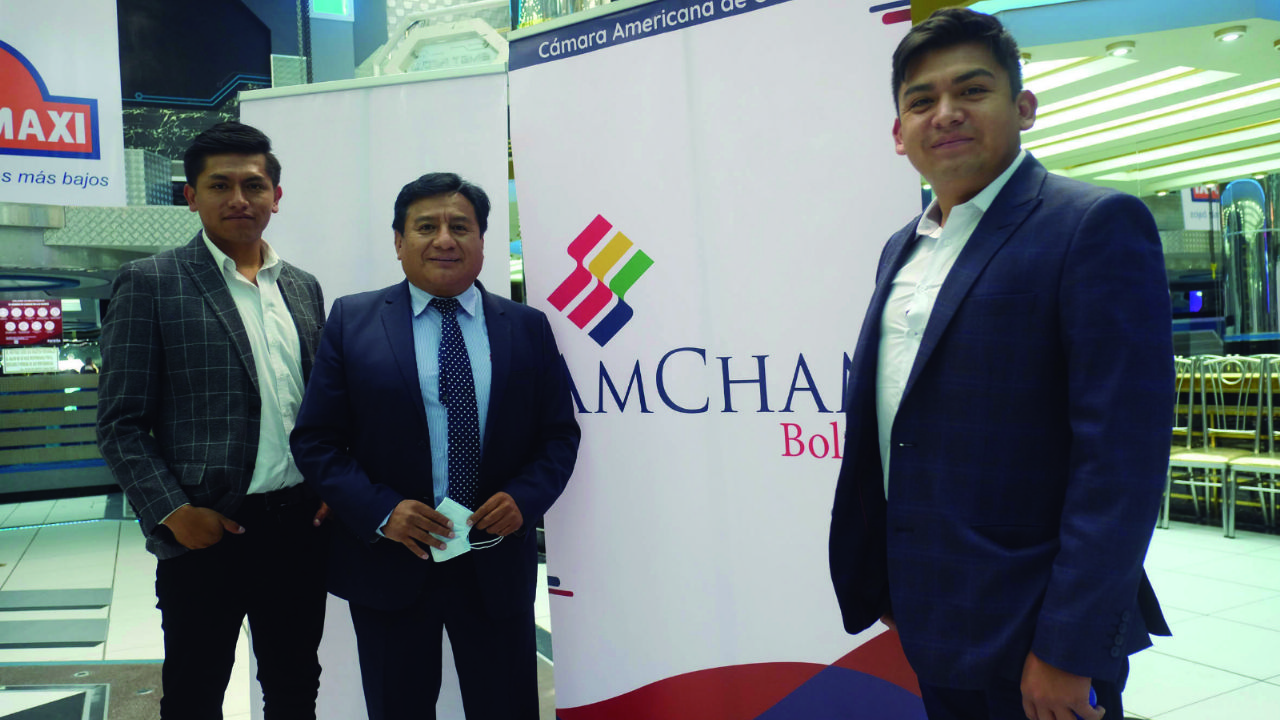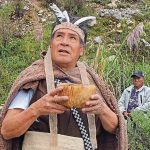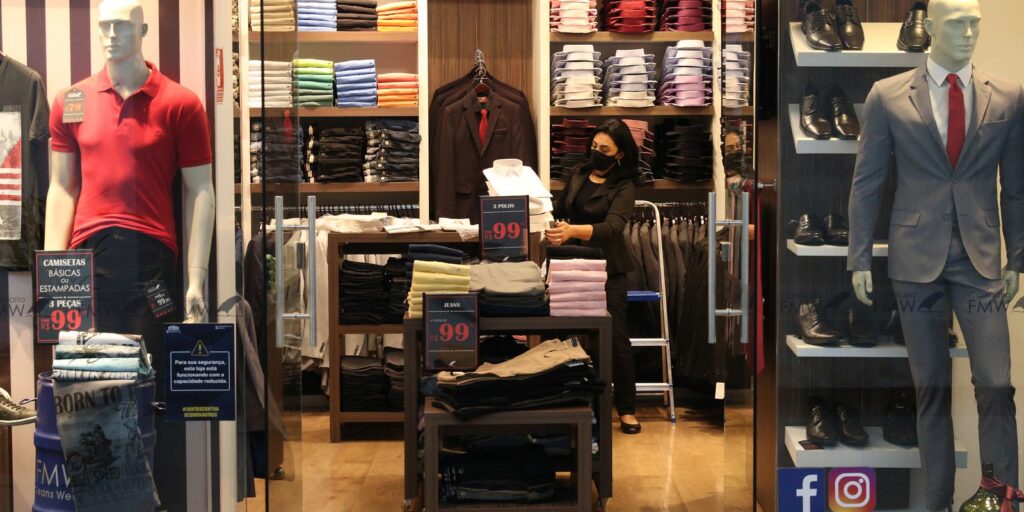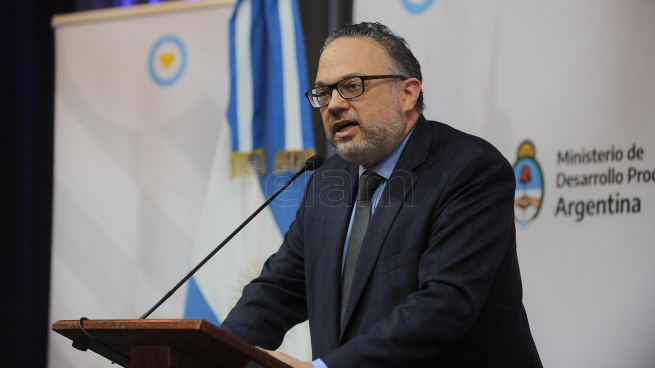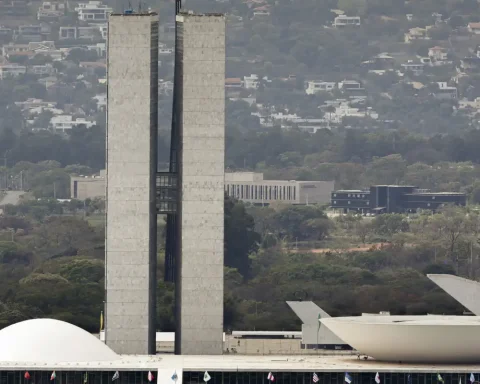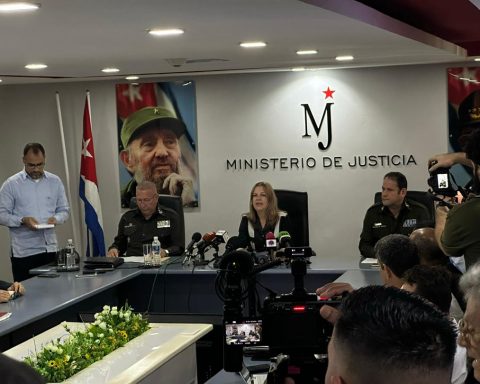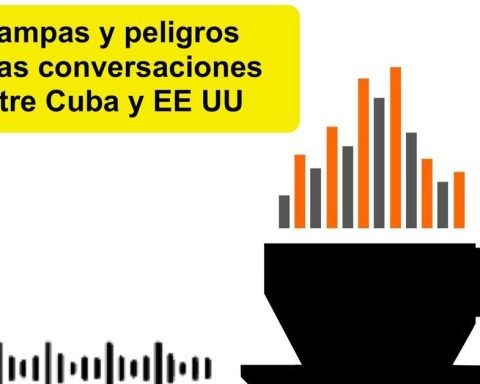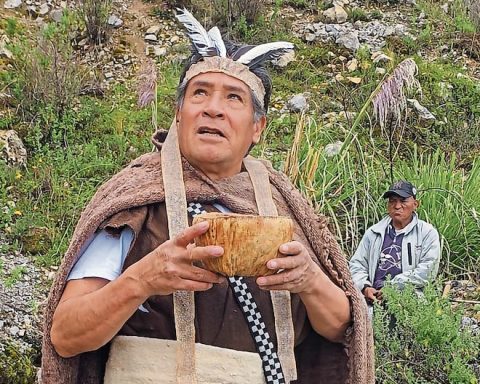Liliana Carrillo V./ La Paz
In the 1990s, Juan Carlos Pomier from El Alto had a prosperous artisan company that exported alpaca and sheep wool sweaters to the US thanks to the Andean Trade Preferences and Drug Eradication Act (Atpdea) but with the breach of the treaty lost its largest market. Then came the first of the three reinventions that Textiles Copacabana has had.
“Those years we were already exporting sweaters that were well received, especially in the universities of the United States. With the closure of Atpdea we are left hanging like 400 producers in the field. As a businessman I had to refocus the industry: I had a plant, I owed the bank the machines that he had bought from Italy, it was difficult”, comments Pomier.
Considering options, he found that Peruvian blankets that were in high demand entered the country through the Desaguadero border. “Then we have converted the spinning factory into one of national blankets, 100% sheep’s wool and we have begun to be reborn,” says the businessman.
The second finding came years later: the stores on Sagárnaga Street were full of Peruvian and Ecuadorian products “because the artisans did not have national yarns.” He then ventured into the production of 100% natural textiles and aguayos as supplies for Bolivian artisans.
“The objective of the Copacabana Textiles company is to make supplies for handicrafts, which we already export to Peru and we are one step away from reaching the United States with the support of Amcham.”
But in 2020 the pandemic arrived and with it a severe blow to the industry. “I had to make the decision to close the factory or reinvent ourselves. Thanks to the initiative of my sons Rodrigo, Juan Carlos and Kevin, who are engineers, we have decided to shift production to the balls of wool sector, with balls of yarn, and it has gone very well for us”. So well that in the midst of the Copacabana crisis, not only did it not fire its workers, but it doubled its payroll.
Now, with the Carmen brand, the balls of yarn already reach several regions of the country and look to the continent. Don Juan Carlos has also ventured into the production of blankets and plans to work with llama wool.
“Textiles Copacabana is from El Alto, like my children. This is a magnificent city that has the strength, the work and the industrial initiative”, he says proudly.
